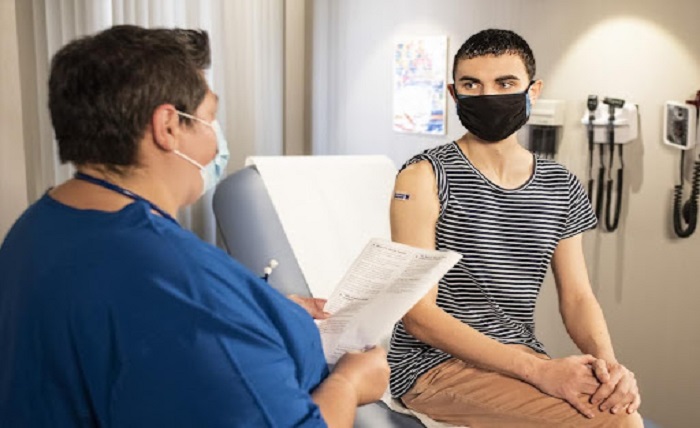A Guide To Staying on Top of Your Health During Your Graduate Certificate Program

Graduate certificate programs present a blend of challenges and rewards. The rigorous coursework and deep intellectual engagement can significantly impact students. Prioritizing good health becomes paramount for both academic success and long-term well-being. Below, we explore how graduate students can take proactive steps to stay healthy and balanced throughout their educational journey.
Navigating Healthcare and Wellness Resources for Graduate Students
Navigating healthcare resources outside or on campus is key for graduate students to maintain optimal well-being throughout their academic journey. Universities often offer primary care, mental health support, and specialized clinics for various health needs, which can be accessed early to save precious time during health crises. If you’re in CA, consulting with specialists like Arash Bereliani in Los Angeles, renowned for his expertise in cardiology, can offer valuable insights into maintaining cardiovascular health amidst the stresses of academic life.
Participating in school wellness and lifestyle programs can contribute to a healthier lifestyle. These might include fitness classes, nutritional counseling, and transition to work courses that prepare students to shift from academic life to professional environments, which can be a source of stress.
Having health insurance covering necessary medical treatments during graduate school is also critical. Understanding your coverage and how to utilize it efficiently can alleviate financial stress and ensure you get the care you need without delay.
International students or those studying in different cities should establish a local support network. This network may comprise nearby relatives, trusted friends, or healthcare providers familiar with your student status and capable of accommodating your schedule and needs.
Integrating Nutrition, Exercise, and Emotional Well-being in Graduate Education

Nutritional strategies are pivotal for graduate students to optimize cognitive function and sustain energy levels during intense study sessions. A well-balanced diet comprising whole grains, lean proteins, and ample fruits and vegetables provides essential nutrients for concentration and stamina. Meal planning and high-fiber foods stabilize blood sugar levels, while adequate hydration ensures sustained focus and prevents fatigue.
Exercise complements nutrition by relieving stress and improving overall health. Daily moderate exercise enhances mood, stamina, and resistance to illness while improving sleep patterns, which is critical for academic performance. Short bursts of high-intensity activities or resistance exercises between study sessions can boost energy levels and mitigate the risks of prolonged sitting, emphasizing the integration of physical health into academic routines.
Prioritizing mental and emotional well-being is also crucial during graduate studies. Mindfulness practices like meditation and deep-breathing exercises help manage stress and foster emotional balance. Accessing the mental health support services that institutions provide enables students to navigate academic pressures effectively and seek assistance, promoting academic success and personal fulfillment.
Maintaining social connections and engaging in leisure activities outside of academia is important for mental health. Allocating time for hobbies and socializing with friends and family fosters a sense of normalcy and fulfillment amidst academic demands. Equipping oneself with stress management techniques and assertiveness skills empowers students to establish healthy boundaries, advocating for their well-being and academic success in graduate school and beyond.
Preparing for the Future: Health Considerations Post-Graduation
After graduation, it’s essential to maintain the healthy habits cultivated during your program. The transition into a new phase of life often introduces changes in routine and lifestyle, necessitating a continued focus on health considerations. Furthermore, post-graduation life may bring new stressors, underscoring the importance of mental health support and seeking professional counseling if needed.
Moreover, considering long-term health goals and preventive care measures is prudent. Regular check-ups, screenings, and vaccinations are essential for optimal health and preventing future issues. Prioritizing self-care, stress management, and a healthy work-life balance lays the foundation for sustained health and success in future endeavors beyond graduation.
As you embark on your journey through the graduate certificate program, remember that health is an ongoing priority, demanding attention and proactive measures. Altogether, students can maintain a balance amid rigorous academic endeavors by prioritizing nutrition, exercise, mental health, and utilizing available healthcare resources.




